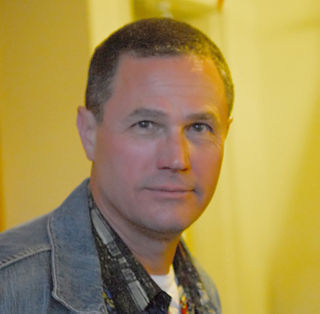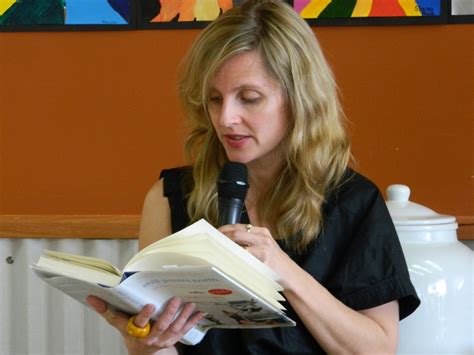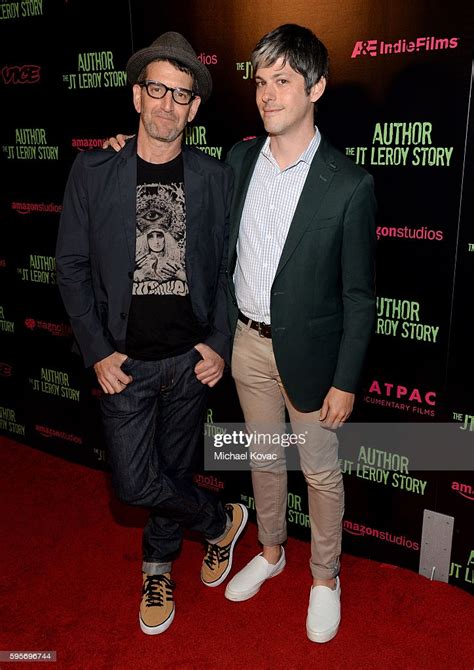A Quote by Jesmyn Ward
By the time I wrote my memoir, 'Men We Reaped,' I had been running from writing it for a long time. When the events in the book were happening, I knew I'd probably write about them one day. I didn't want to. I'd studied fiction, and I was committed to establishing myself as a fiction writer first.
Related Quotes
Going from memoir to fiction was fantastic. I had been afraid to move away from memoir; I'd written some novel drafts, but they weren't well received by my agent at the time, and it had been drilled into me that "memoir outsells fiction two to one" (not sure if that's true anymore, or if it ever was), so I felt like the only smart thing to do, professionally, was to keep mining my life for painful moments to recapitulate.
Writing a book is a long and difficult process for me. I'm a slow writer, so I spend the year with Elvis Cole and Joe Pike in my head. I was thinking about this the other day. I wrote the first book in 1987. Literally every day since that time, Elvis and Joe have been in my head. They're always there. I started these guys because I like them.
'Life's That Way' was an extraordinarily difficult book to write, because it wasn't written as a book. It was written as a journal of events that were happening as I wrote it, without the space or time either to digest or analyze those events and without the hindsight and peace that writing in the aftermath would have provided.
Lifes That Way was an extraordinarily difficult book to write, because it wasnt written as a book. It was written as a journal of events that were happening as I wrote it, without the space or time either to digest or analyze those events and without the hindsight and peace that writing in the aftermath would have provided.
After I wrote my memoir, 'A Long Way Gone,' I was a bit exhausted. I didn't want to write another memoir; I felt that it might not be sane for one to speak about himself for many, many, many years in a row. At the same time, I felt the story of 'Radiance of Tomorrow' pulling at me because of the first book.
No one can teach writing, but classes may stimulate the urge to write. If you are born a writer, you will inevitably and helplessly write. A born writer has self-knowledge. Read, read, read. And if you are a fiction writer, don't confine yourself to reading fiction. Every writer is first a wide reader.
No one can teach writing, but classes may stimulate the urge to write. If you are born a writer, you will inevitably and helplessly write. A born writer has self-knowledge. Read, read, read. And if you are a fiction writer, dont confine yourself to reading fiction. Every writer is first a wide reader.
I don't want to write poems that are just really clear about how I'm aware of all the traps involved in writing poetry; I don't want to write fiction that's about the irresponsibility of writing fiction and I've thrown out a lot of writing that I think was ultimately tainted by that kind of self-awareness.





































